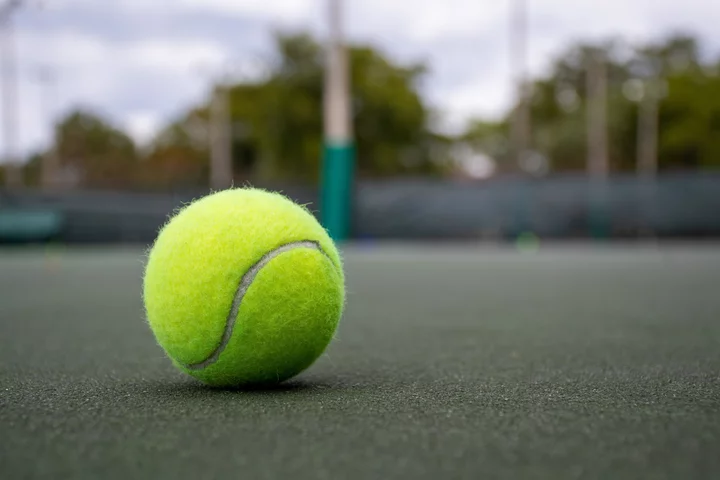The American Psychological Association is calling for teens to undergo training before they enter the sometimes fun but sometimes fraught world of social media, according to new recommendations released Tuesday.
"Social media is neither inherently harmful nor beneficial to our youth," said Dr. Thema Bryant, the APA's president. "Just as we require young people to be trained in order to get a driver's license, our youth need instruction in the safe and healthy use of social media."
Bryant assembled an advisory panel to review the scientific literature on social media use and formulate recommendations for healthy adolescent use, according to an APA news release.
The American Psychological Association Health Advisory on Social Media Use in Adolescence released 10 recommendations to guide educators, parents, policymakers, mental health and health practitioners, technology companies and adolescents.
The recommendations emphasize that adolescents should have instruction in social media literacy and psychological development before joining social media as well as occasional training to bolster their knowledge as they go along, all to minimize potential harm.
They also advise that social media use should be tailored to the child's developmental stage — and monitored by adults in the case of younger children.
Imposing limitations is also important when it comes to content that promotes self-harm, eating disorder behavior, discrimination, hate, cyberbullying, or that is primarily beauty focused, the release said.
The recommendations also encourage limitations on when adolescents use social media, so as not to interfere with sleep or physical activity.
Not all rules work for all teens
Optimal social media use won't look the same in every child, which is why the panel said recommendations need to be paired with knowledge of individual strengths, weaknesses and context.
"Age-appropriate use of social media should be based on each adolescent's level of maturity (e.g., self-regulation skills, intellectual development, comprehension of risks) and home environment," the release said.
As a clinician, Ohio-based psychologist Dr. Lisa Damour said she often recommends families make different rules even for the different kids in their household.
"The number one guideline in making rules for kids is that it's important to know your child," she said.
There was also a lack of sufficient research into social media use of "youth from racial, ethnic, sexual, gender, socioeconomic or differently abled populations, and/or youth with chronic developmental or health conditions," the release said.
The APA also called for more investment in research funding to access more data.
Given the research available, the APA cannot say if social media is helpful or harmful to young people, especially considering both the risks of harmful content and the rewards of healthy socialization.
"Some parents villainize all social media by claiming it offers zero value in a young person's life, when it's clear that there are many upsides to learning how to use social media tools creatively, appropriately, and responsibly," said Michelle Icard, parenting educator and author of "Fourteen Talks by Age Fourteen: The Essential Conversations You Need to Have With Your Kids Before They Start High School."
"At the same time, without proper mentoring and guidance, of course it can be harmful," she added.
But the APA will continue to monitor developments in research on current and future platforms, said Dr. Arthur C. Evans Jr., the APA CEO.
"We hope these recommendations will be helpful as we all try to keep pace with the rapidly shifting social media ecosystem," he said.
Having the talk
When it comes to teens, safety is something we need to do with them -- not to them, said Damour, author of "The Emotional Lives of Teenagers: Raising Connected, Capable, and Compassionate Adolescents."
"I think this advisory gives parents a roadmap for the kind of helpful conversations they could be having with their teenagers about how to use social media safely," she said.
But how do you convince a teenager to get on board with safer social media use? It's all about collaboration, Damour said.
"It's critically important that we help tweens and teens understand that social media platforms have a single aim, which is to harness their attention in the interest of making money," she said. "We have excellent research showing that when teens are alerted to how they're being manipulated by adults, they become more resistant."
It's the job of adults to keep up with teens social media practices to make sure the content they are seeing on these platforms is appropriate, she added. Social media feeds can push dangerous content, so it is important to know what you need to talk with your teen about.
"We want as adults to be very aware of the content and norms in the digital environments where kids are spending time," Damour said.
Teens are experiencing much of their social life on social media, and rather than shame it, we should collaborate with the younger generation, she said.
"Rather than being against social media, the advisory supports parents and being for the activities that we know promote healthy growth and kids," Damour added.









